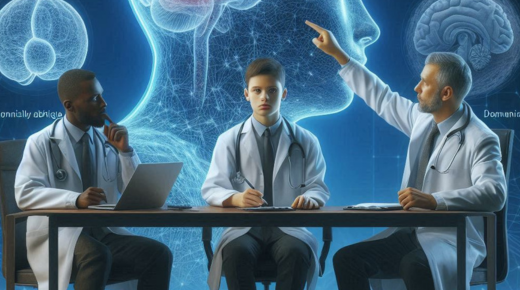
Welcome to the complex world of neurodevelopmental disorders. These disorders often perplex us. They challenge our understanding of the human brain. But, they also present an opportunity. The New England Institute for Neurology and Headache is stepping up to that challenge. This is a place where neurologists wield their expertise to tackle these disorders head-on, providing hope to many. They are the unspoken heroes in a battle that we’re only beginning to understand. Let’s delve into their vital role.
Neurologists: Navigators of the Mind
First, we need to understand who neurologists are. They are doctors. Yet, they are unique. They specialize in treating diseases of the nervous system. They are experts in the brain, spinal cord, nerves, and muscles. Their role is crucial in managing neurodevelopmental disorders.
Neurodevelopmental Disorders: A Quick Overview
Now, let’s turn our attention to neurodevelopmental disorders. These are conditions that affect brain function. They can interfere with emotions, learning ability, self-control, and memory. Examples include autism, ADHD, and learning disorders. For a more detailed understanding, here’s a table comparing some of these disorders:
| Disorder | Common Symptoms |
| Autism | Difficulty with social interaction, repetitive behaviors |
| ADHD | Inattention, hyperactivity, impulsivity |
| Learning Disorders | Difficulty with reading, writing, math, etc. |
The Role of Neurologists
Neurologists play a vital role in treating these disorders. They perform and interpret tests of the nervous system. They diagnose disorders. They manage and treat these conditions. They also guide families through the often complex landscape of neurodevelopmental disorders.
Neurology: An Evolving Field
Neurology is a rapidly changing field. New treatments, therapies, and research are constantly transforming how we approach these disorders.
In conclusion, neurologists are instrumental in helping those with neurodevelopmental disorders. Their expertise gives us hope. It pushes us to a future where these disorders are better understood and more effectively treated.
